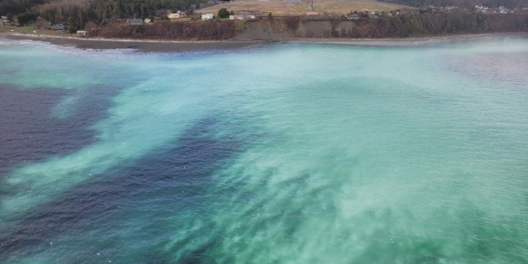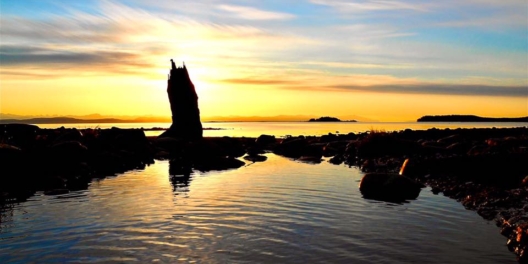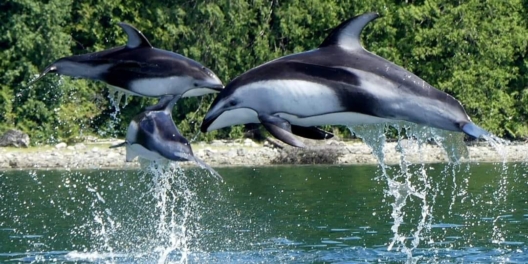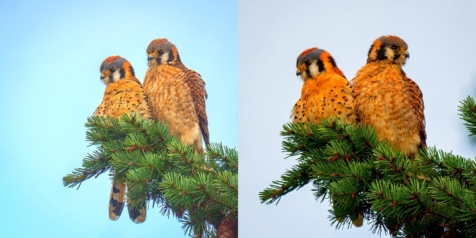In 1955, the Canadian folk group The Travelers released their True North version of “This Land is Your Land.”
It quickly took off and hit number one on the charts.
It became so popular that some people began to call it Canada’s second national anthem. Teachers taught it in schools. Kids sang it at summer camp. Virtually every Canadian of a certain age can still sing the lyrics.
This land is your land, This land is my land,
From Bonavista, to Vancouver Island
From the Arctic Circle to the Great Lake waters,
This land was made for you and me.
How many songs can you say that about?
How the Canadian version came about is an interesting story.
The original song was actually written by the US. American folk singer Woody Guthrie. He wrote the first version of “This Land is Your Land” back in 1940 as an antidote to the ultranationalism of “God Bless America.” But the verses that are critical of the US are usually left out when the song gets sung in schools or at official functions.
The lyrics have been updated many times over the years. But at its core, the song is still a protest against vast income inequalities in the United States.
The Canadian version came about after The Travelers appeared at a concert with legendary folksinger Pete Seeger.
Both Seeger and Guthrie were targeted by Joseph McArthy’s House Unamerican Activities Committee and blacklisted from performing or appearing on the radio. But Seeger could still perform in Canada.
The Travelers, who modelled themselves after Seeger’s group The Weavers, found themselves onstage with their hero at a summer camp in Brampton, Ontario. They played Guthrie’s song, and Seeger encouraged them to Canadianize the lyrics.
They followed Seeger’s advice. And the rest, as they say, is history.
The Travelers became one of Canada’s top musical groups in the 1960s. They even performed for Queen Elizabeth II during her tour of Canada in 1964.
And their iconic version of the song is etched into the memories of Canadians.
It would be interesting to see what a new version of the sixty-year-old song would be about. When we sing “this land is our land,” who are we talking about?
Canada is a pretty diverse place. If we were to re-write the lyrics today, what would it look like to include all of the different people who call this land home?








